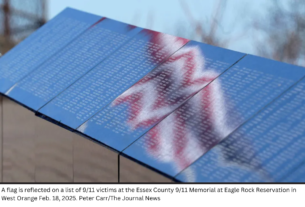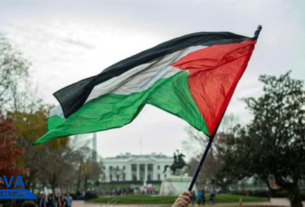Uganda has sent military forces to Juba, the capital of South Sudan, in a move aimed at stabilizing the region amid rising tensions. The deployment follows reports of renewed violence between rival factions, threatening a fragile peace agreement.
“We are here to ensure stability,” a Ugandan military official said, confirming that troops had arrived under a regional security arrangement. The soldiers will assist in securing key government buildings and monitoring potential flashpoints.
South Sudan has struggled with political and ethnic conflicts since gaining independence in 2011. Previous ceasefires have been repeatedly broken, leading to displacement and humanitarian crises.
The Ugandan government stated that its forces would not interfere in South Sudan’s internal politics. Officials emphasized that the deployment is focused on peacekeeping and protecting civilians.
“Our priority is to prevent another outbreak of violence,” an official added, warning that any further escalation could destabilize the region. Local leaders have welcomed the deployment but urged for broader diplomatic efforts.
Tensions between South Sudan’s rival factions remain high. Armed clashes have erupted in several areas, raising fears of another full-scale conflict.
Uganda has previously intervened in South Sudan’s conflicts. Its military played a key role in supporting the government during past civil wars and has conducted operations along the border.
Regional organizations are closely monitoring the situation. The African Union and East African Community have called for renewed dialogue to prevent further bloodshed.
Residents in Juba have expressed mixed reactions to the presence of Ugandan troops. Some see it as a necessary step to maintain order, while others fear foreign military involvement could complicate peace efforts.
“We want peace, not more soldiers,” a local shopkeeper said, expressing concern that military interventions have failed to bring long-term stability in the past.
The South Sudanese government has not opposed Uganda’s move but has insisted that security challenges must be resolved internally. Some officials worry that foreign troops could create political tensions.
Uganda’s deployment is part of broader regional security efforts. Neighboring countries have increased patrols along their borders to prevent potential spillover of violence.
Armed groups in South Sudan remain active despite previous disarmament efforts. Some factions have refused to integrate into the national army, continuing to operate independently.
Aid agencies warn that renewed conflict could worsen the humanitarian crisis. Millions of South Sudanese remain displaced, relying on food assistance and medical aid.
The United Nations has urged all parties to avoid actions that could trigger further violence. Peacekeepers stationed in South Sudan have been placed on high alert.
Uganda has emphasized that its troops will follow strict guidelines. Officials insist that soldiers will not engage unless directly attacked.
The deployment raises questions about the long-term stability of South Sudan. Some analysts believe outside intervention is necessary, while others argue that only political solutions can resolve the crisis.
International mediators are pushing for direct talks between rival factions. Previous negotiations have failed due to mistrust and unresolved power struggles.
Regional leaders have called for an emergency summit to address the security situation. Efforts are underway to bring all sides back to the negotiating table.
The Ugandan military has not provided a timeline for its deployment. Officials say they will remain as long as the situation requires.
South Sudan’s leadership faces pressure to implement promised reforms. Corruption, economic struggles, and ethnic divisions continue to fuel instability.
The coming weeks will determine whether Uganda’s presence helps reduce violence. Regional and international players will be closely watching for signs of progress or further escalation.




